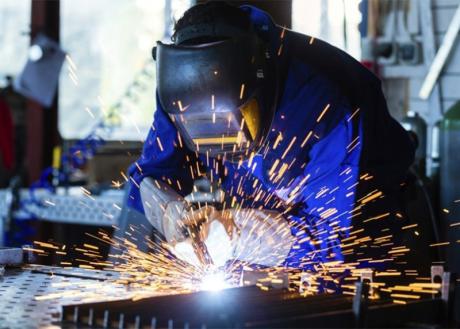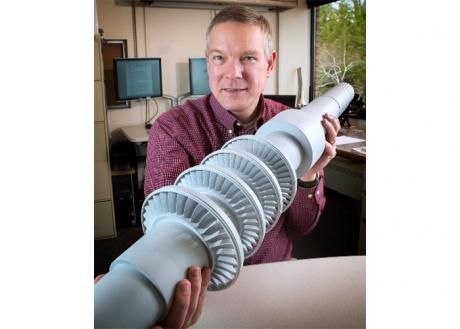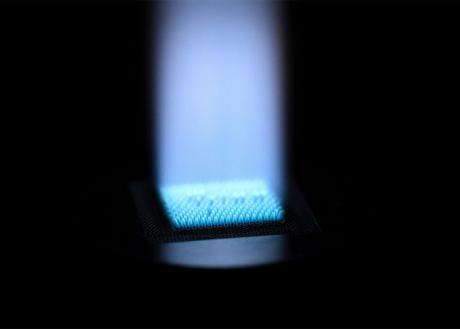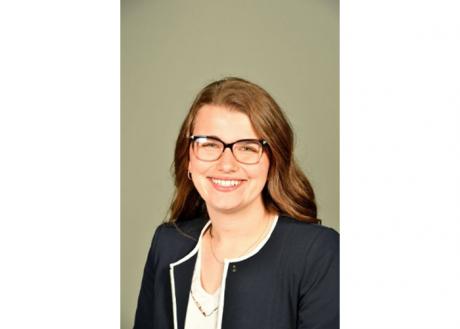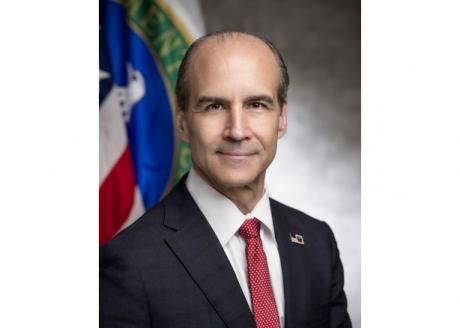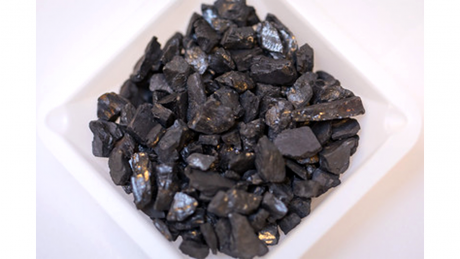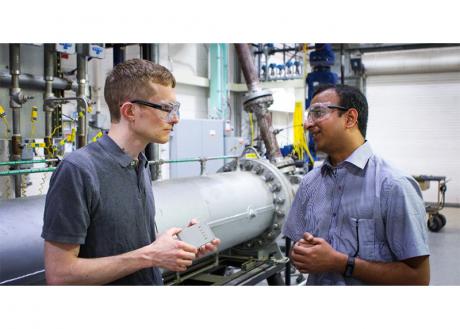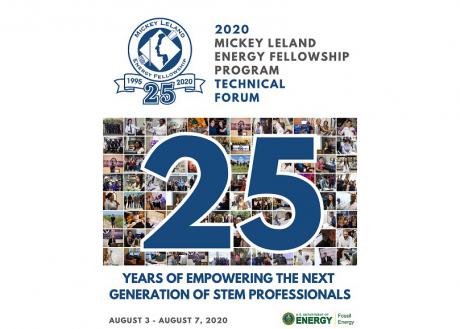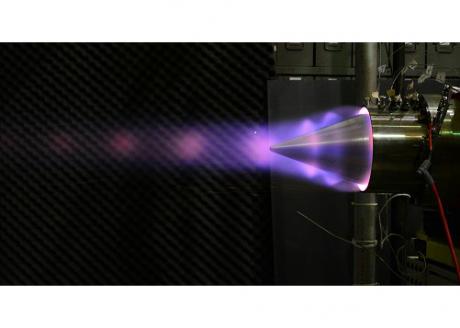A program supported by NETL will prepare a new generation of welders in the use of advanced alloys that will enable electric generating stations to run with greater efficiency, produce fewer greenhouse gas emissions and supply affordable electricity using the nation’s abundant fossil energy resources.
Today, the Appalachian Regional Commission (ARC), the Lab’s partner in the Advanced Welding Workforce Initiative (AWWI), issued a request for proposals (RFP) inviting states, counties and cities, institutions of higher education, unions and other organizations to develop training programs to teach high-tech welding skills that can be used in the energy sector.
These skills will also be broadly applicable for positions in the emerging aerospace, aviation, automotive and petrochemical industries, which will need welders and other employees with expertise in working with high-performance materials.
About
News and Events
Research and Programs
Carbon Management Point Source Carbon Capture Carbon Dioxide Removal Carbon Dioxide Conversion Carbon Transport & Storage Hydrogen with Carbon Management
Resource Sustainability Methane Mitigation Technologies Minerals Sustainability Natural Gas Decarbonization and Hydrogen Technologies Advanced Remediation Technologies Energy Asset Transformation
Key Lab Initiatives Advanced Alloys Signature Center (AASC) Science-based Artificial Intelligence and Machine Learning Institute (SAMI) Center for Microwave Chemistry (CMC) Center for Sustainable Fuels and Chemicals (CSFC)
Energy Technology Development Office of Energy Efficiency and Renewable Energy Battery Workforce Initiative Cybersecurity, Energy Security, and Emergency Response Office of ElectricityGrid Resilience
Business
Library
Explore our Library

Approved Categorical Exclusions Environmental Assessments Environmental Impact Statements Oil and Gas Projects Summaries NETL Fact Sheets NETL Newsletters Publication Search Energy Data Exchange (EDX) FECM External R&D Final Technical Reports Summary Information for External R&D Awards Technical Reports Series (TRS) Peer Review Reports Interagency Working Group Initial Report
- Research and Programs
- Carbon Management
- Core Competencies
- Resource Sustainability
- University Training & Research
- Key Lab Initiatives
- Energy Technology Development
- Featured Infrastructure
- Methane Emissions Reduction Program
-
- Business
- Technology Transfer
-
- Library
- Energy Analysis
-
- About
- News and Events
- Education




